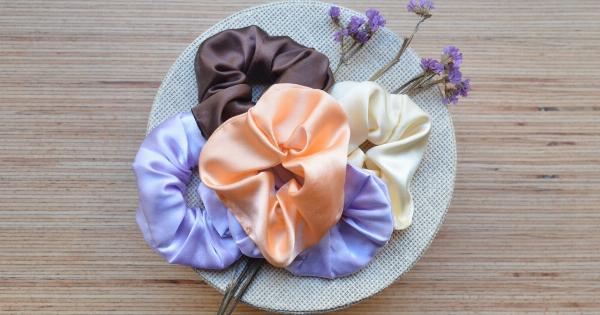Hair is often called “the crowning glory”. It can make or break a person’s overall appearance. Good hair not only enhances your look but also boosts your confidence.
However, factors like pollution, humidity, heat styling, and chemical treatments can leave the hair looking dull, dry, and lifeless. If you’re tired of frizzy and unmanageable hair and want to transform them into silk, read on!.
Start from the Inside Out
Beautiful hair starts from within. A diet rich in vitamins and minerals like iron, zinc, and omega-3 fatty acids can boost hair health and promote growth. Foods like eggs, spinach, salmon, and walnuts are great for the hair.
Drinking enough water can also help keep the hair hydrated and prevent it from becoming dry and brittle.
Use the Right Shampoo and Conditioner
Choosing the right shampoo and conditioner is crucial for maintaining healthy and silky hair. Look for products that are sulfate-free, as sulfates can strip the hair of its natural oils and make it dry and damaged.
Instead, opt for products that are rich in natural oils like argan, jojoba, coconut, or olive oil. Conditioning the hair after every wash is also essential. It helps in detangling the hair and locks in moisture.
Avoid Heat Styling as Much as Possible
Heat styling tools like flat irons, curling wands, and blow dryers can cause damage to the hair. The heat can make the hair dry, dull, and prone to breakage.
If you must use heat styling tools, make sure to use a heat protectant spray or cream to minimize the damage. You can also air dry your hair whenever possible.
Get Regular Trims
Regular trims can keep split ends at bay and encourage hair growth. It’s recommended to get a trim every six to eight weeks to keep the hair looking fresh and healthy.
Trimming helps to get rid of dry and damaged ends, leaving the hair looking soft and smooth.
Try Hair Masks
Hair masks are a great way to provide your hair with extra nourishment and moisture. They can help restore shine, boost hair growth, and reduce frizz.
There are many different hair masks available in the market, or you can create your own using natural ingredients like honey, avocado, yogurt, or coconut oil. Apply the mask to your hair once or twice a week, and leave it on for 30 minutes before washing it off.
Avoid Chemical Treatments
Chemical treatments like coloring, perming, and relaxing can damage the hair and leave it looking fried and lifeless. These treatments can strip the hair of its natural oils, leaving it dry and prone to breakage.
If you must color your hair, make sure to use a good quality hair dye that is gentle on the hair. Consider using henna or other natural alternatives instead of chemical dyes.
Don’t Overwash Your Hair
Washing your hair too often can make it dry and strip it of its natural oils. It’s recommended to wash your hair once or twice a week, depending on your hair type and lifestyle.
If you have an oily scalp, you can use a dry shampoo in between washes to keep your hair looking fresh.
Protect Your Hair While Sleeping
When you sleep, your hair can get tangled and damaged. To prevent this, consider tying your hair in a bun or braid before going to bed. You can also use a silk or satin pillowcase, as these materials are less abrasive and can help prevent frizz.
Use a Wide-Tooth Comb
Using a wide-tooth comb can prevent breakage and minimize the damage caused by brushing. Start combing your hair from the ends, and work your way up gradually. Avoid brushing your hair when it’s wet, as wet hair is more prone to breakage.
Conclusion
Transforming your hair into silk requires patience and consistency. By following the tips listed above, you can improve your hair’s health and appearance. Remember, healthy hair is beautiful hair!.



























